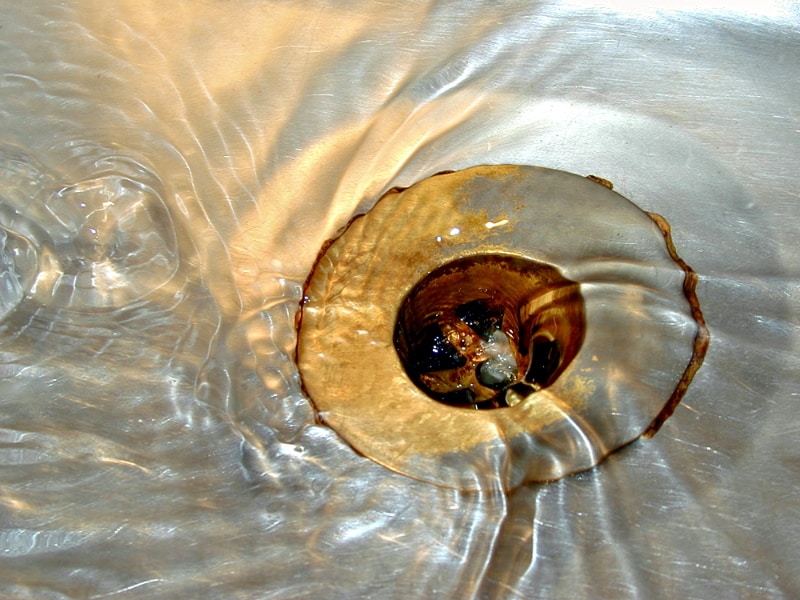Greywater recycling: a smart way to cut your water bills
There are lots of ways to conserve water, and one the most clever methods is called greywater recycling. Here's what you need to know.

Water is a vital resource, and one that is getting used up pretty fast. This is why people are devising tons of ways to conserve water. One of these clever methods is called greywater recycling.
The average home can save up to 1,500 litres of water per week by reusing greywater.
What is greywater
Greywater refers to water that is used up when you take a bath or shower, wash your hands, or do the laundry and dishes. Take note that greywater excludes toilet water. In some cases, waste water from the laundry and dishes is also excluded because they are mixed with toxic chemicals. On the average, an Australian home can save up to 1,500 litres in water consumption each week by reusing greywater.*
The recycling process
The simplest way to recycle greywater is to manually collect it from the washing machine, shower, or bath tub in a bucket for future use. For those who don’t want to go through the trouble of manual collection, it’s better to have a plumber install a greywater diversion and/or filtration device in their homes. These devices would collect waste water from various sources and direct it to the gardens through sub-surface irrigation. More complex systems are used to treat waste water to make it fit for more uses.
Uses of recycled greywater
The two most important things to consider are the water source and the way it was recycled. Untreated greywater should only be used to water the lawn or garden. It’s also important that this water come from sources that were not contaminated by toxic soaps, bleach, or detergents.
Treated greywater has plenty of more uses. Depending on how efficient your system is, you can reuse waste water from the bath, shower, basins, washer, and even the kitchen sink. Once treated, the recycled greywater can be used for toilet flushing, watering the plants, washing your car, and even washing clothes.
Benefits of greywater recycling
The most obvious advantage of greywater recycling is a reduction in your household water bills, but its benefits to the environment are much bigger. Recycling household greywater will reduce the demand for freshwater and the energy used in water treatment plants.
Reminders when getting your own recycling system
If you really want to maximise your greywater recycling and opt to have a greywater treatment system installed you have to take note of a few things. First, most treatment systems need council approval, so be sure to check your state regulations. You can even ask if you can get rebates and assistance for your greywater system! Also, for maximum safety, all greywater treatment systems should be installed by a licensed plumber. Get started on having your very own greywater system installed – get free quotes from licensed plumbers now.
* Statistic from http://www.livinggreener.gov.au/water/greywater